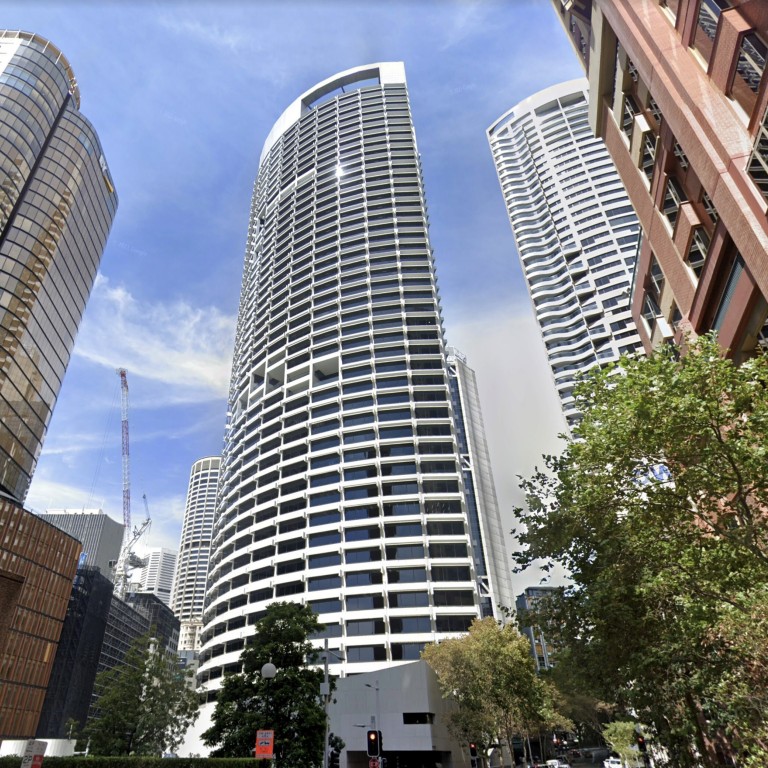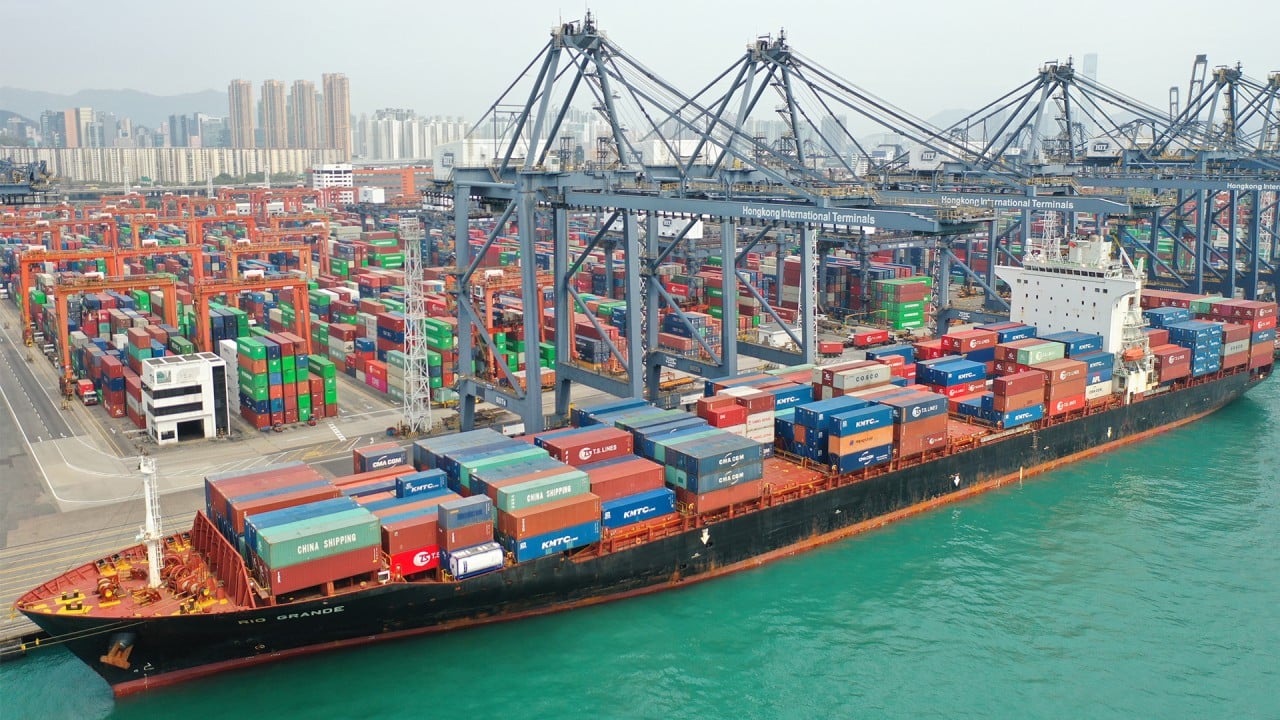
Canberra gives go-ahead for China Investment Corporation to buy bigger stake in Sydney’s iconic Grosvenor Place tower
- China’s sovereign wealth fund agreed to buy an additional stake in Grosvenor Place for A$925 million in November last year, but had to wait for approval from Australia’s Foreign Investment Review Board
- Approval means CIC will own 75 per cent of the 44-storey building
Canberra has approved the acquisition of an additional stake in Grosvenor Place, an iconic Sydney office building, by China’s sovereign wealth fund.
China Investment Corporation (CIC) agreed to buy the stake for A$925 million (US$696 million) in November last year, but had to wait for approval from Australia’s Foreign Investment Review Board (FIRB). The approval means CIC will own 75 per cent of the 44-storey building.
Canberra’s Treasury, which oversees the FIRB, refused to confirm the approval, saying it did not comment on “foreign investment screening arrangements as they apply or could apply to particular cases”.

03:51
Australia-China ties continue to sour – so why do Aussies still want Chinese tourists?
FIRB’s latest report, released last week, shows that Canberra approved A$7.1 billion worth of residential and commercial real estate investment from mainland Chinese investors for the July 2019 to June 2020 period, a 16 per cent increase over the same period a year ago. However, besides covering a period that is late by a year, the approvals do not necessarily mean that deals went ahead. The latest number is dwarfed by approved Chinese investment of a record A$32 billion in 2015-2016.
So far this year, mainland Chinese investment in Australian property has amounted to US$22.6 million, according to Real Capital Analytics, which tracks deals worth at least US$10 million. In 2019, this number reached US$935.5 million, and US$664 million last year.
“The number of Chinese foreign investment in the real estate sector may not have had reflected the effects of bilateral tensions between Beijing and Canberra, and the impact is likely to be felt and captured in the 2020-2021 figure,” said Sing Tien Foo, head of department of real estate and director at the Institute of Real Estate and Urban Studies at the National University of Singapore.

09:20
Trade ‘only one part of the battle‘ in China-Australia dispute, says legal expert Bryan Mercurio
The decline in investment could also be attributed to capital controls imposed by Beijing in 2016 and not necessarily geopolitical tensions, said Sydney-based Ken Jacobs, who manages his own property agency and an affiliate of Christie’s International Real Estate.
For others, the rift is unlikely to dent the long-term prospects of Australia’s property market. “Based on the current trends, we expect Chinese demand for Australian real estate to grow modestly in the years to come. Both commercial and residential real estate in Australia offer excellent opportunities for Chinese buyers, whether they are purchasing for returns or lifestyle,” said Georg Chmiel, chairman at Juwai IQI, a Kuala Lumpur-based real estate technology group that specialises in serving Asian buyers.

